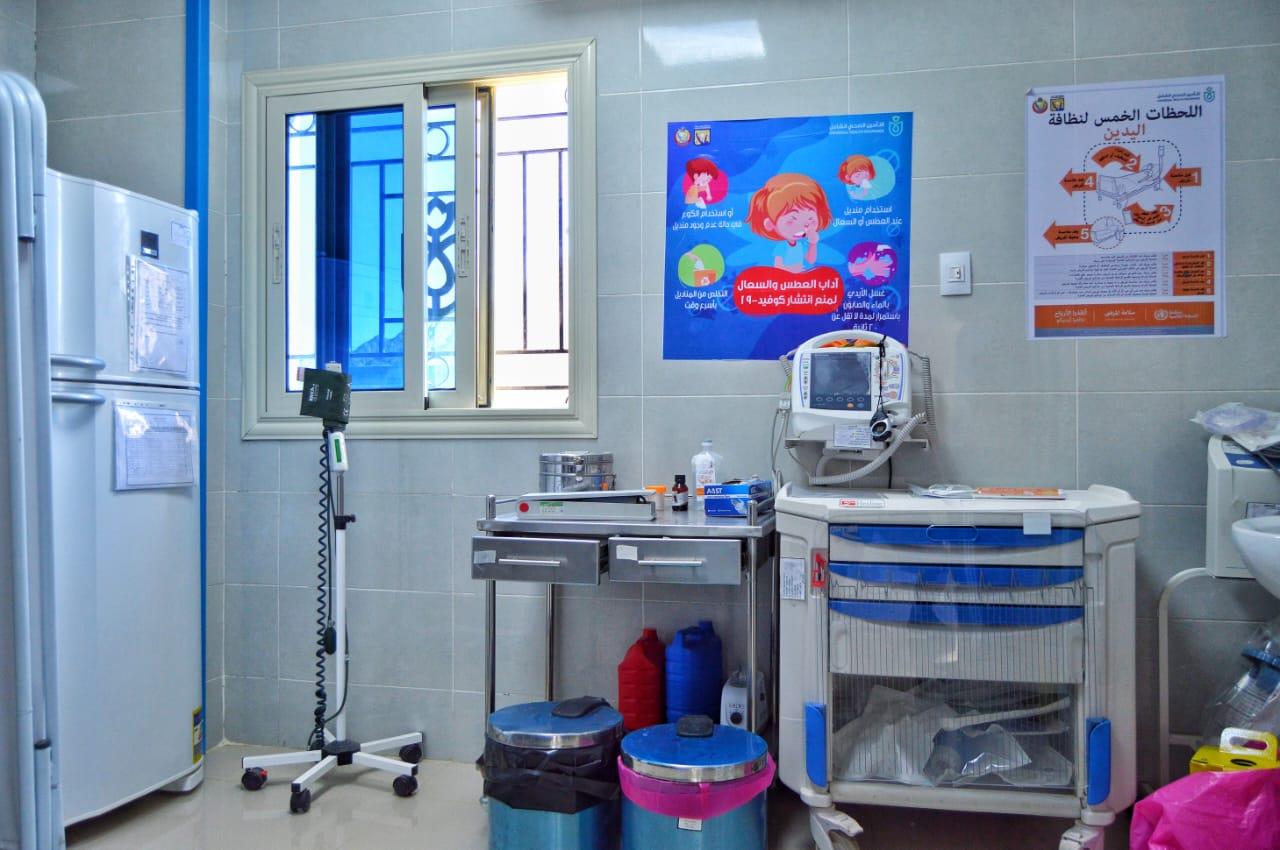
FEI Advocates For Equal Property Tax Treatment For Healthcare Facilities, Factories
The meeting also placed significant emphasis on training programs for healthcare professionals. Abdel-Meguid stressed the importance of developing an annual training program, inviting stakeholders from both public and private healthcare entities to participate. The Chamber aims to provide training opportunities not only for its members but for all healthcare facilities, which it considers to be essential national institutions. A key focus will also be obtaining accreditation from the General Authority for Healthcare Accreditation and Regulation (GAHAR) for all healthcare facilities to support the national health insurance initiative.
In line with the government's push to promote medical tourism, the Chamber is organizing training courses on the Temos certification, which is recognized globally as a standard for medical tourism. These courses are being organized in response to directives from the Prime Minister, emphasizing the role of medical tourism as a vital sector for economic growth.
The board meeting also discussed the Medical Liability Law, evaluating both its advantages and challenges. Among the positives highlighted were the law's focus on recording patients' medical histories, adherence to scientific and professional standards, and the requirement for informed consent from patients or their families. Emergency care was another key focus, with the law ensuring that service providers must not refuse treatment in life-threatening situations until the patient's condition stabilizes.
However, concerns were raised about the binding nature of the High Committee for Medical Liability and Patient Protection's reports. While the committee is designed to handle complaints and enforce penalties for medical errors, its reports are not binding, which diminishes its authority. The Chamber suggested that malpractice insurance should be mandatory for doctors, ensuring compensation for damages caused by medical errors.
The Chamber also expressed concern over Article 28 of the law, which mandates imprisonment for doctors if a medical error harms more than three patients. Board members questioned the practicality of such a provision and advocated for its removal, arguing that doctors should not face imprisonment for unintentional errors if they adhere to professional standards and state laws. Instead, they suggested that compensation should be the primary remedy for medical errors, to avoid encouraging defensive medicine practices.
The board concluded by emphasizing the importance of adopting malpractice insurance, a widely used system globally to compensate patients for medical errors. This, they argued, would not only help protect patients but also safeguard healthcare providers from unjust legal consequences.

Legal Disclaimer:
MENAFN provides the
information “as is” without warranty of any kind. We do not accept
any responsibility or liability for the accuracy, content, images,
videos, licenses, completeness, legality, or reliability of the information
contained in this article. If you have any complaints or copyright
issues related to this article, kindly contact the provider above.


















Comments
No comment